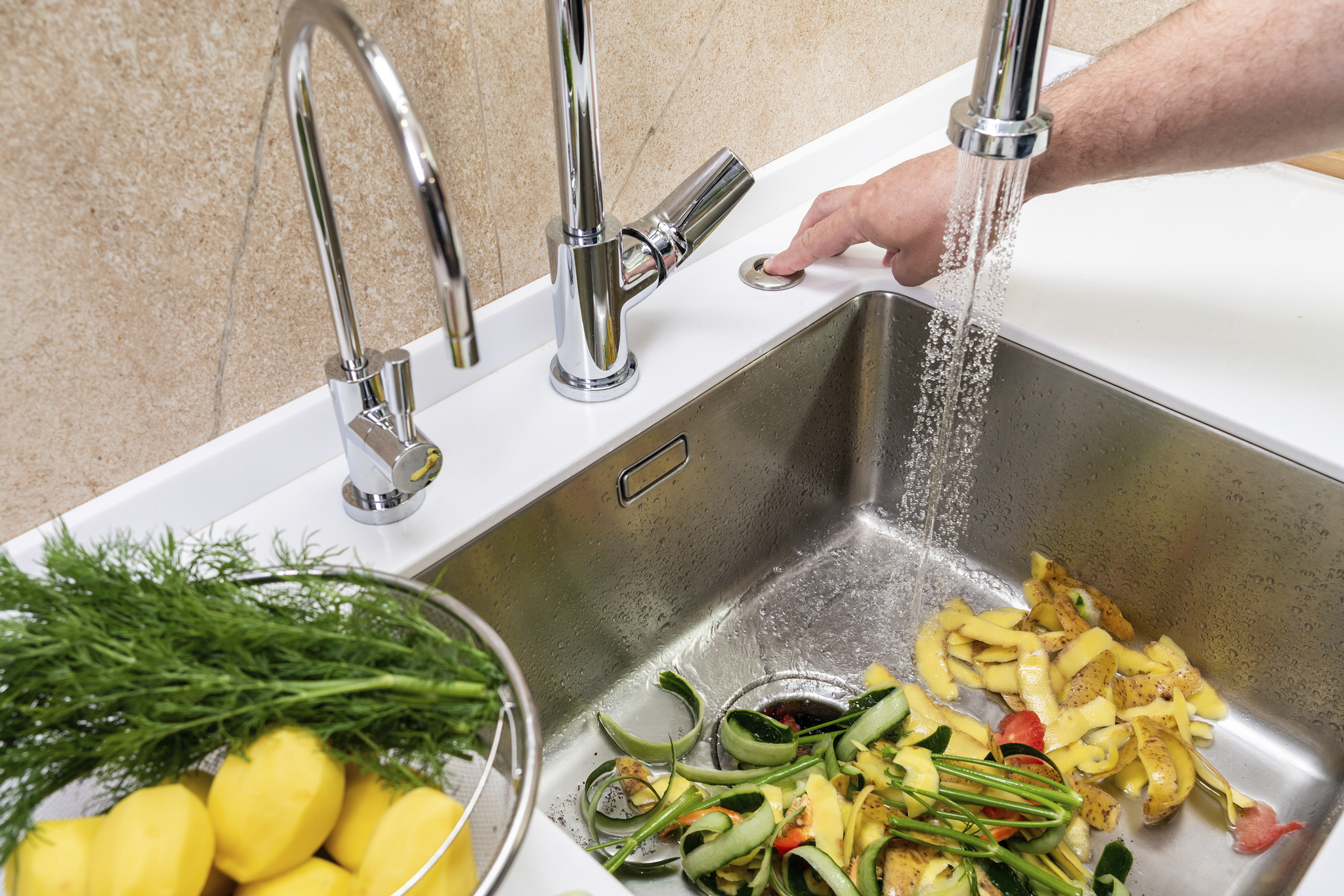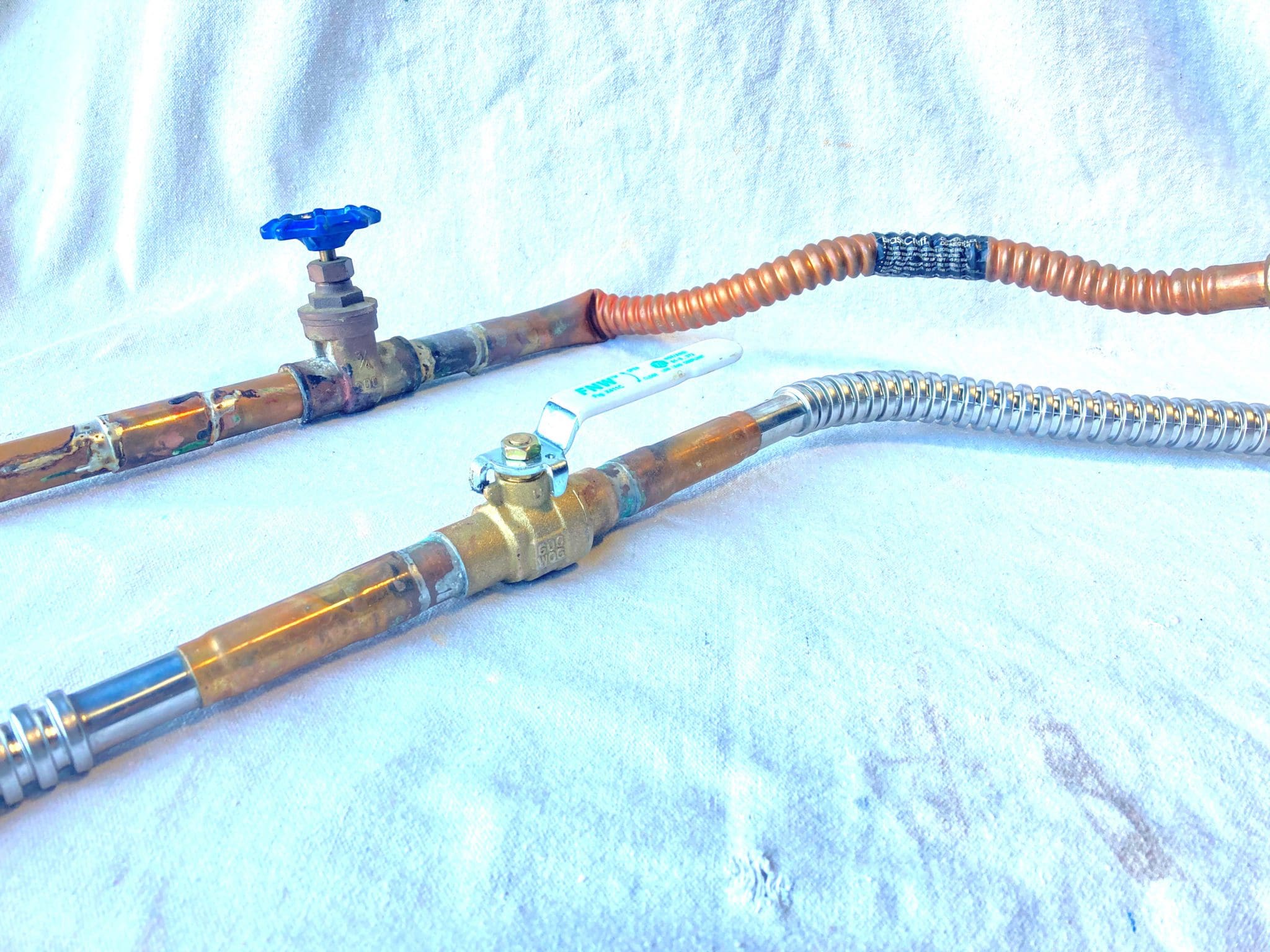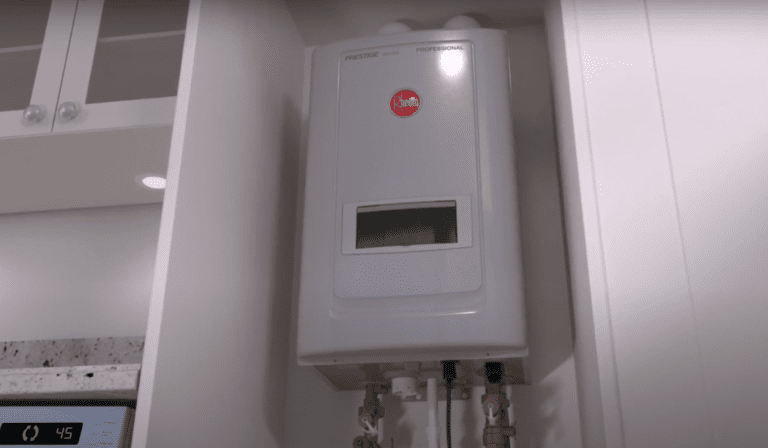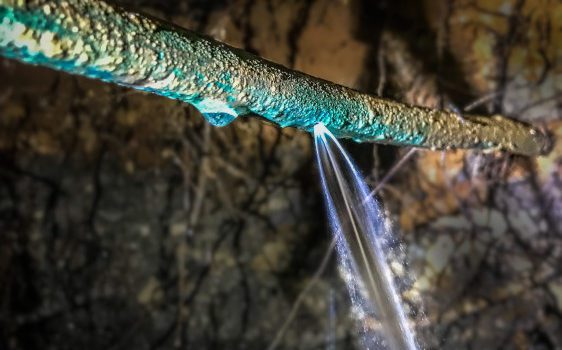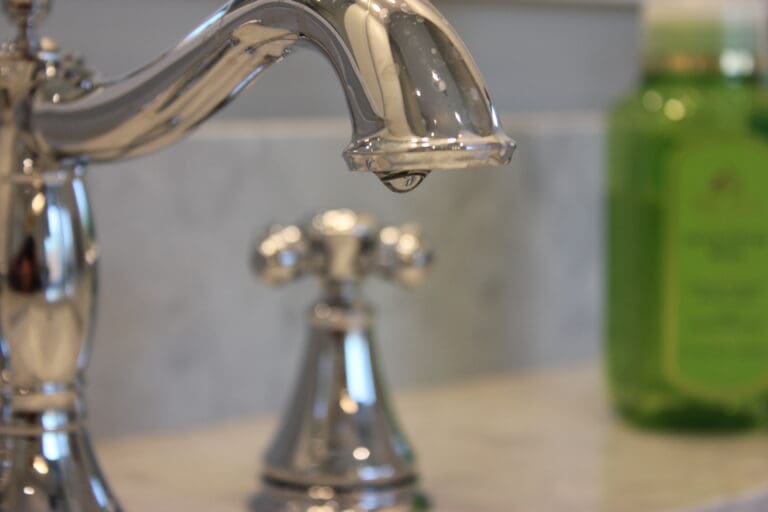The Winter storm that swept through North Texas at the end of February was devastating for so many homes’ plumbing. The most damaging factor wasn’t the bitter cold by itself. Rather, it was the loss of power which wiped out the homes’ ability to keep the internal temperatures above freezing. This was combined with general construction practices common to southern homes and a lack of good freeze protection measures.
The resulting barrage of burst-pipe service requests kept DFW plumbers on-the-go for weeks. Even a month later, there are still homes without hot water due to a shortage in parts for tankless water heaters. Many more will be facing the water damage restoration process for months longer.
We have received many questions regarding what home insurance covers for repairing damages caused by frozen plumbing pipes and the cleanup/restoration that often follows. To address some of these questions, we reached out to Barney Schwartz, President of Personal Lines and Small Business at Assured Partners of Texas insurance agency. The following conversation elucidates some valuable takeaways for every homeowner who has filed or is wondering if they should file an insurance claim for their burst pipes.
Exactly how unusual was this Winter storm? How does it compare to other disasters in terms of cost and scale? (There is evidence, this storm will be the largest insured loss in Texas history.)
That’s true, damages are expected to far exceed Hurricane Harvey. Other catastrophic events have hit Metropolitan Areas, but this event hit the entire state.
10 years ago, a similar winter storm affected Texas, but it didn’t lead to blackouts which caused the pipes to burst…
Yes, the most devastating claims during that storm appeared to be from Sprinkler Systems in High-End Homes and Office Condos.
What types of water damage are often included and excluded in Texas homeowners policies?
Sudden and Accidental Water Damage is usually included as are frozen pipes as long as the homeowner took precautions. Water damage is typically excluded if the house is vacant. Coverage for slow water leaks varies by company. There must be damage inside the home.
Would you consider a precaution to be something like keeping the faucets dripping during the cold weather? Is it possible that a homeowner may not be covered under some policies if they didn’t take steps like this?
Yes, there is a provision for the homeowner to take precautions. It was hard in this storm with no electricity to many homes. The most important things are to keep the house heated, put covers over outside faucets, etc…
What is the scope of coverage? For a homeowner dealing with burst pipes, what types of expenses will insurance cover and not cover?
The repair itself is not covered but access to the damaged item as well as the damage that was caused is covered by most policies. Most policies require there to be damage inside the home. If there is a broken pipe under the slab but no damage to the home, it probably isn’t covered. Most insurance policies have a provision for temporary housing and will pay to relocate you to a temporary location if the home is deemed unlivable.
Some homeowners with exterior tankless water heaters are needing a full replacement. Are large appliances covered by homeowners?
Larger appliances could be covered if the cause of loss is a covered peril on the policy.
Are there common disclaimers or reasons why coverage is denied?
The number one reason for denial is no damage inside the home. Another reason would be that cold (by itself) is not a covered cause of loss in that particular policy. Damaged vegetation for the most part is not covered. Also, homes that are vacant for more than 30 days may not be covered.
Here is a scenario: there is a pipe that burst from the freeze, and a plumber comes out to fix the problem. A few weeks later, there is a water leak in a different area that also seems to have been caused by the freeze. Is this problematic for an insurance claim? How would a deductible be affected?
It would be hard to determine if this is from the same loss or a new loss. If the insurance company determines this second issue is from the same event, a single deductible will apply. Otherwise it will become a second claim. You have to be careful when filing multiple claims. After a third non-weather claim (this most likely will be considered a water loss), the insurance company will most likely non-renew your policy, making coverage expensive and hard to obtain.
In light of this, would you recommend that homeowners should wait to file a claim until they were fairly certain there will be no more delayed repercussions from the freeze?
I wouldn’t delay for that reason, but I would delay if there is not at least $2,000 over the deductible in damages. This is because a claim could result in future rate increases.
Are there riders that can be added to avoid future hassles? For example, a rider that pays for a hotel/apartment rental for catastrophic claims? A rider that pays for extra meal expenses while a kitchen is unusable?
Slow leakage and seepage is an important rider when it comes to water claims. It would not have made a difference on the recent storm as most pipes were considered sudden and accidental. Temporary living is covered in most home policies. It’s important to make sure the claims adjuster approves the temporary living expenses.
Should homeowners file a homeowners insurance claim first or immediately get a plumber and remodelers to start work? Pros and cons?
It is always best to assess the damage before reporting a claim and make sure it’s at least $2,500 over your deductible or you will more than likely pay more than that in premium increases. The plumber’s work can be added to the claim but remember the repair isn’t covered, just access and damage causes.
How might actual cash value vs replacement value affect claims resulting from the Texas winter storm? How can this impact plumbing?
If a policy is actual cash value there is a good chance that it is on a limited coverage policy and water damage may not be a covered peril.
For homeowners with high deductibles – is it worth filing a claim?
It will all depend upon the damage to the home caused by the leak vs the actual plumbing repair. It also depends on what damage to the home might be necessary to access the leak and make the repair.
What is the average time to receive a payout from insurance after filing a claim?
This varies tremendously by the company as well as the adjuster handling the claim.
Whether or not you filed an insurance claim, can Texas homeowners expect higher premiums? How does DFW compare to other regions in the state and other states for home insurance costs?
DFW Home premiums are some of the highest in the state and nation. Between 40-50% of your premium goes towards wind and hail. Water damage is the next highest cause of loss. If you file a water claim and it’s paid, expect about a 20% increase more than likely for 5 years.
What are some lessons learned and plumbing upgrades that can be made to avoid future winter weather in Texas?
Easy access shut-off valves, water sensors in water heater drip pans, a drain in a laundry room are a few that come to mind.
Thank you to Barney Schwartz of Assured Partners for answering our questions! Hopefully, this information was helpful to you. Assured Partners is a broker with access to many different insurance providers. If you have further insurance questions for Mr. Schwartz, you can reach out to him by calling his Plano office.
During the middle of the deep freeze, we put together a special webpage with more information about what steps one should take to protect their home.
Having gone through this crisis, many homeowners are now looking for answers as to how they can prevent this from happening to them again. First and foremost, we recommend that homeowners educate themselves as much as possible on their plumbing and how to properly maintain/care for it. On the Legacy Plumbing blog and Youtube channel, we are continually putting out some of the best information out there that will enable you to do just that.
The second most important way to protect your home from flood damage is to have working shut-off valves at each fixture, each water heater, and on the mainline serving the entire house. Every occupant of the home should know how to operate these valves in the event of a plumbing emergency.
Finally, there are many new options on the market for automatic shut-off valves, water monitoring systems, and emergency leak detection equipment. We encourage you to look into some of these options and feel free to give us a call for more information.




